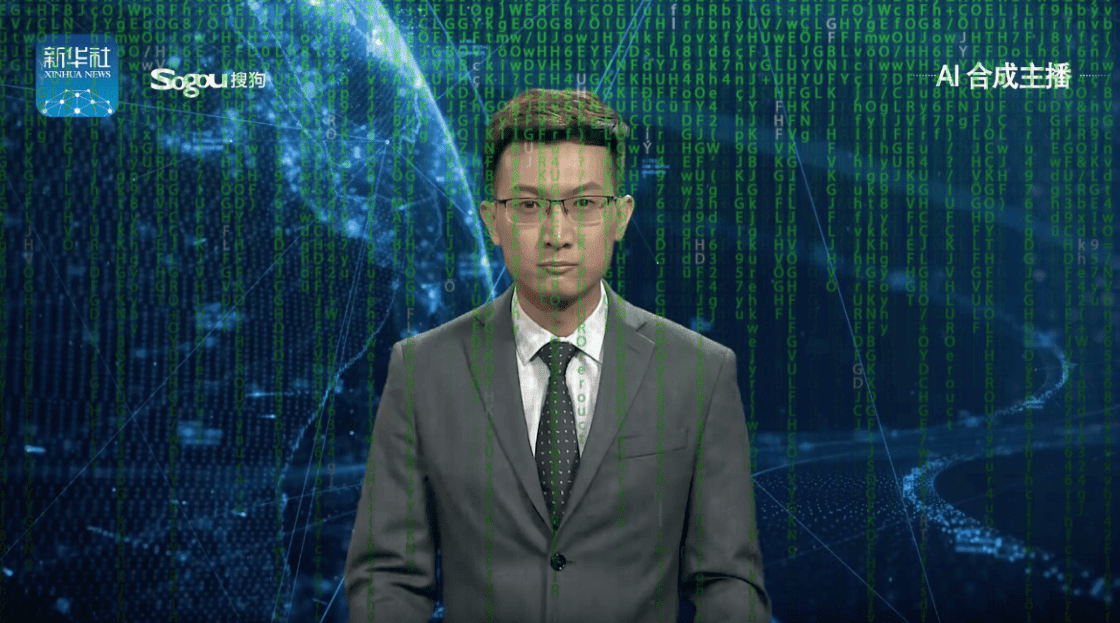Artificial Intelligence (AI) seems to be the next big venture humanity is undertaking in a self-imposed arms race towards the future. We’ve managed to create AI that can produce music in the likes of Jukedeck and Alysia; play video games like DOTA 2 and StarCraft II; and even serve as a news anchor for the Xinhua News Agency. And while we’ve already proven the creative capabilities of AI through music, it begs the question: How far can we push it?
Artists have shown concern towards the fact that AI may replace them in the future
Now, there’s a template in narratology and comparative mythology called the Monomyth. Joseph Campbell defines this as the classic sequence of actions that are found in many, if not all, stories. It basically posits that stories follow patterns and contain certain elements that while different on the surface level, are universal in nature.
This includes a hero’s call to adventure (think Peter Parker being bitten by a spider and becoming more than just your regular social outcast) or meeting a mentor (think Lord of the Rings‘s Gandalf, or Harry Potter‘s Dumbledore). Now if this is the case, it wouldn’t be out of the realm of possibility that an AI could study the patterns of existing stories to build an original story of its own.

Meet Benjamin, the brainchild of director Oscar Sharp and long time collaborator and AI researcher, Ross Goodwin. Benjamin is an AI that is capable of writing a screenplay. It is able to do this through the power of machine learning, which is a method of data analysis that automates analytical model building. Udemy‘s array of courses on the basics of machine learning dig deeper into how the tech works, and explain that artificial intelligence can learn from sets of available data.
The rise of machine learning as a subset of AI is a testament to the rapid development within the science
The rise of machine learning as a subset of AI is a testament to the rapid development within the science, as through these bits of code, a machine can continually learn and adjust its output, as opposed to being programmed to do the same thing all the time. This particular technology enables machines to learn by identifying patterns based on this data and then makes decisions derived from those patterns, all with minimal human intervention. The output, in this case, is a screenplay.
The input that has been fed into Benjamin is comprised of a smattering of sci-fi screenplays available online, mostly those from the 1980s and the 1990s. Benjamin studied them down to the finest detail, taking note of letters that tended to follow each other. These letters became phrases, and phrases became sentences. Later on, Benjamin figured out the structure of the screenplay — from the producing and the direction, to even figuring out how to format dialogue.
All of this culminated into a screenplay entitled Sunspring. It is important to note, however, that Benjamin was never able to figure out proper names as their use tended to be more erratic in nature, so Sharp and Goodwin had to replace the character names with single letters. This explains why the characters in Sunspring are named H, H2, and C.
Sunspring tells the story of three people set in a futuristic world and entangled in murder and love. While that may sound like any other story, what sets the film apart is the circumstances its characters must contend with. H, H2, and C live in a world wherein mass unemployment has forced some people to make a living by selling their own blood. While the premise is interesting, mostly due to the fact that a piece of AI wrote a film about mass unemployment, the question remains: Is it any good?
As of now it doesn’t seem like Benjamin can write films on its own
Well, CineFiles Movie Reviews details that while the film isn’t that good, it does bring up a rather interesting point. You see, the reason why the film falters is that it falls into common pitfalls present in formulaic Hollywood films. Now, given that Benjamin learned how to write films by having scripts fed into it, the film now unintentionally serves as an indictment of the Hollywood system.
While this innovation is a great first step into furthering the limits of AI technology, it does come with some potential drawbacks. For instance, artists have shown concern towards the fact that AI may replace them in the future, but similar developments tell a different story. Take Disney‘s storyboard-generating AI as an example. This technology seems to be geared towards improving, not replacing the human element of the creative process. So what does this mean for Benjamin?
Well, as of now it doesn’t seem like Benjamin can write films on its own. But one day, it may be able to create frames for stories that can then be filled up by a human element. The way the technology is shaping up to be, the goal is to improve and not replace human creativity.

